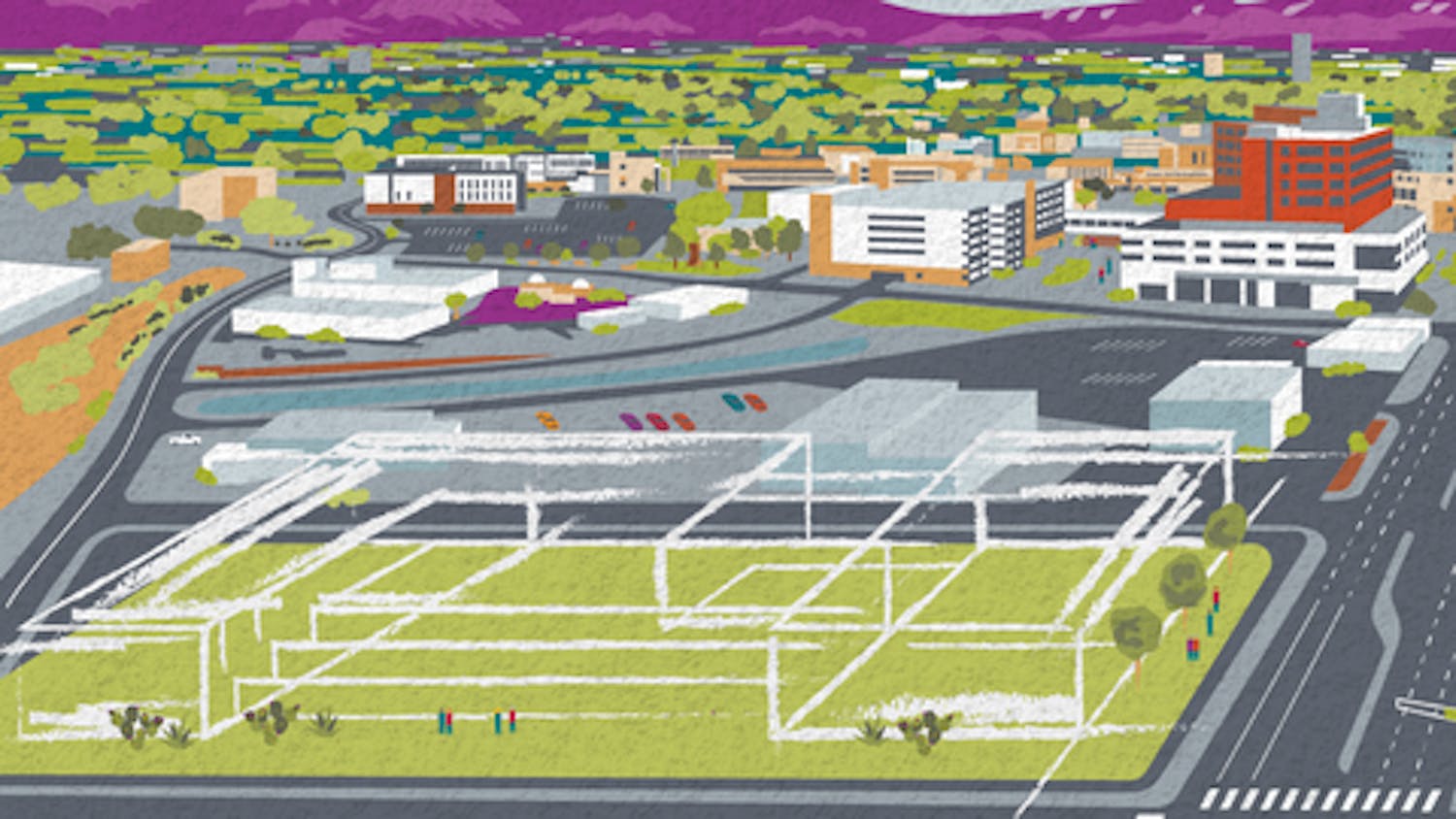WASHNGTON - The United States is stepping up efforts to help Afghan fighters trying to break through the Taliban forces guarding approaches to the capital city of Kabul.
Whatever reservations American war planners may have had about opening the way for anti-Taliban guerrillas to seize Kabul before the creation of a broad-based coalition government seem to have given way to the military need to retain relentless pressure on the Taliban and al-Qaeda terrorist networks after 15 days of air strikes in Afghanistan.
Defense Department officials said on Monday, in essence, that any enemy of the Taliban was a friend of the United States.
That, coupled with opportunities to attack Taliban forces on open ground, was why as many as 90 U.S. warplanes each day over the weekend concentrated their bombing runs on Taliban forces lined up against their rivals of the United Front, also known as the Northern Alliance. More destruction fell from the sky Monday.
Air Force Gen. Richard Myers, the chair of the Joint Chiefs of Staff, said: "Now we are starting to work on some Taliban targets that are arrayed out in the field against folks that we would like to help,"
The Pentagon acknowledgment of U.S. military intentions came amid sharp complaints from Defense Secretary Donald H. Rumsfeld about leaks of classified information to news media hours before U.S. Special Forces made raids Friday at a desert airstrip and a home of Taliban leader Mullah Mohammed Omar. He said the leakers were guilty of breaking federal law, but stopped short of saying that efforts were being made within the Pentagon to ferret them out.
Get content from The Daily Lobo delivered to your inbox
Rumsfeld, in his daily war briefing for reporters, also downplayed reports of civilian bomb casualties.
The Taliban's ambassador to Pakistan, Abdul Salam Zaeef, claimed that U.S. and British jets had hit a hospital in the western Afghan city of Herat, killing more than 100 people. But both Rumsfeld and Myers said they had no evidence of this. "We're not quite as certain about that yet," said Myers, "so we're going to continue to look."
About 80 U.S. aircraft, including Navy F-14 and F/A-18 jets and B-1 and B-52 bombers, hit targets across Afghanistan on Monday, said senior defense officials who asked not to be identified.
One official said that an undisclosed number of Air Force special operations AC-130 gunships - converted transport planes loaded with cannons and a 25 mm Gatling gun - were also used in the strikes.
The official said there has been a growing emphasis on hitting Taliban and al-Qaeda fighters in front-line positions.
"I do see in terms of the missions . . . a decided focus to provide support for the opposition," he said. U.S. strikes are "increasingly targeting fielded forces, those field forces in direct opposition to the Northern Alliance."
There were no further reports Monday of U.S. ground troops playing a role in the Afghan fighting. Myers continued to emphasize that what the American military is doing is both "visible and invisible," suggesting all sorts of clandestine activities may be taking place.
The briefing focused mainly on U.S. efforts to help the loose coalition of groups fighting the Taliban.
Rumsfeld and Myers had said earlier that the United States was helping Afghan rebels in their battle to take over the northern city of Mazar-e Sharif, about 50 miles from the Uzbekistan border. Kabul poses a larger political risk because the United Front troops are mostly Uzbeks and Tajiks, minority groups in a country where the largest group are the Pashtuns.
The neighboring Pakistani government has indicated that it does not want to see any new government in which Pashtuns are not at least strongly represented.
A senior Defense Department official, speaking on condition of anonymity, said Monday that U.S. efforts were becoming focused on opening a highway that could be used to send humanitarian relief and military supplies to the anti-Taliban forces from the Uzbek border town of Termez to Mazar-e Sharif, the largest city in northern Afghanistan.
"The Northern Alliance forces in the area there have various requirements for supplies, ammunition and the like.
We are addressing that and I think there is a prospect that they will be making progress in connecting their forces to the Uzbek border at some point," he said.
The official also said that U.S. authorities were unrealistic if they thought it cold fine tune Afghan politics while waging a war.
"I think you have to be a little more realistic," the official said. "We, in fact, are realistic . . . We are working on helping the people who are fighting the Taliban government."
Rumsfeld said last week that the United States was giving the anti-Taliban fighters money for supplies, including ammunition, and also directly providing them. Defense sources have said that some of the supplies have been bought from the Russian government.Many of these supplies may not yet have reached the rebels.
The United States also wants a channel for ferrying food and other humanitarian aid to the starving Afghan people.
Myers said air drops from C-17 cargo planes would not meet the need in Afghanistan, where a severe drought has damaged farming and much of the population is fleeing the military action.
Knight Ridder Tribune





